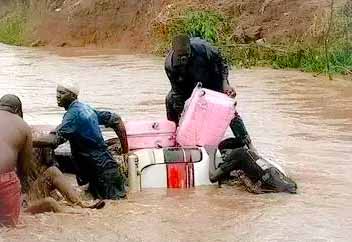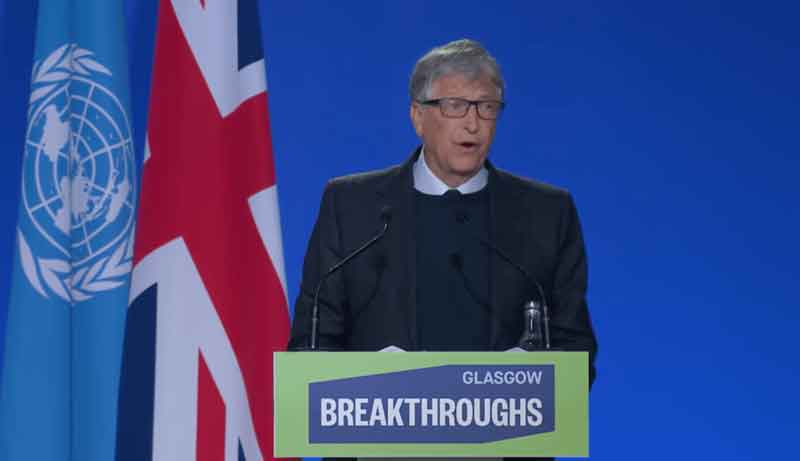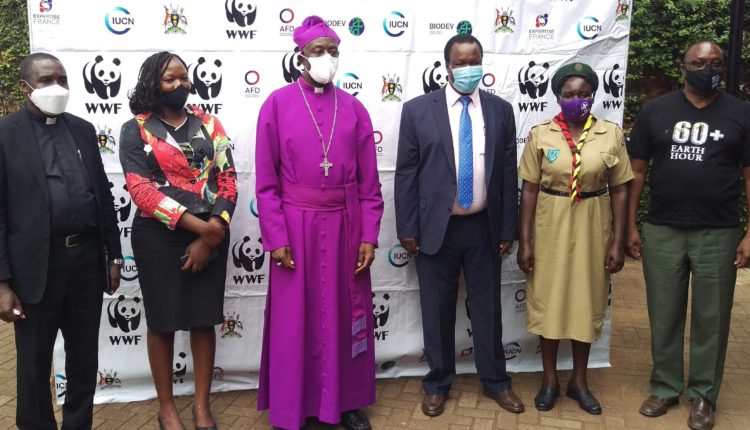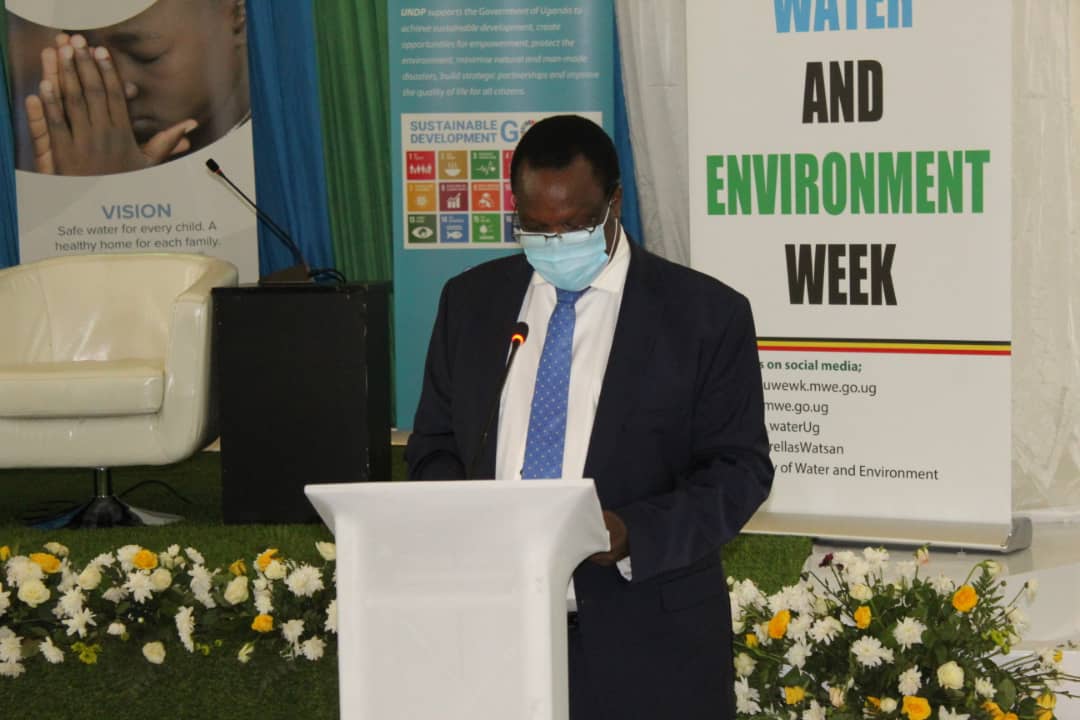Pope Francis has brought new hope to the stalled global negotiations on climate change by making a stand and calling on world leaders to bring an end to the talks by agreeing on a deal for the sake of the planet and the poor.
In his first papal document, or encyclical, on the environment, Pope Francis called for “decisive action, here and now,” to stop environmental degradation and global warming, squarely backing scientists who say it is mostly man-made.
Pope Francis urged world leaders to hear “the cry of the earth and the cry of the poor”.
The Pope’s intervention has attracted global acclaim from politicians, activists and scientists, with many calling his efforts to save the planet as a moral imperative to governments to make 2015 a turning point in efforts to slow global warming.
It is hoped that the Pope’s intervention will add pressure on world leaders to act on climate change by signing an agreement that binds them to cap their greenhouse gas emissions but also put aside some money to support adaptation by those who least contributed to the problem. The meeting will take place in Paris, France in November and December 2015.
Activists and scientists have celebrated the pope’s intervention as bringing a moral element to the political controversy over climate change, which some conservative politicians and business executives – especially in the United States – doubt has been caused by human activity.
The former Secretary General of the United Nations, Kofi Annan, who is also the Chair of the Africa Progress Panel and Kofi Annan Foundation, expressed support of the Pope for the encyclical.
Annan said: “As Pope Francis reaffirms, climate change is an all-encompassing threat: it is a threat to our security, our health, and our sources of fresh water and food. Such conditions could displace tens of millions of people, dwarfing current migration and fuelling further conflicts. I applaud the Pope for his strong moral and ethical leadership. We need more of such inspired leadership. Will we see it at the climate summit in Paris?”
Yolanda Kakabadse, the president of the WWF international conservation group noted that the Pope’s message is a major moral imperative: “Climate change is no longer just a scientific issue; it is increasingly a moral and ethical one.”
“It affects the lives, livelihoods and rights of everyone, especially the poor, marginalised and most vulnerable communities.”
Christiana Figueres, head of the Bonn-based U.N. Climate Change Secretariat, said the encyclical provided a powerful impetus to governments to agree a strong pact when they meet in Paris from Nov. 30 to Dec. 11.
“This clarion call should guide the world towards a strong and durable universal climate agreement in Paris at the end of this year,” Figueres said in a statement.
Global warming is blamed by almost all experts on man-made greenhouse gas emissions for causing more heat waves, downpours and rising sea levels.
“The Vatican has evaluated the scientific evidence for climate change and decided that the world must act to avoid the devastation of our life supporting ecosystem,” said Mark Maslin, professor of climatology at University College London.
“When theological, political and scientific leaders all call for rapid decarbonisation of our global economy it must be time we finally listen and create a binding international climate change agreement.”
The encyclical, a leaked version of which was published on Monday by the Italian weekly L’Espresso, met scepticism even before its publication from some conservatives including several U.S. Republican presidential candidates who doubt climate change is man-made.
At a town hall event in New Hampshire a day after formally announcing his candidacy for the 2016 presidential election, Jeb Bush, who converted to Catholicism 25 years ago, said he would take the pope’s words with a grain of salt.
“I hope I’m not going to get castigated for saying this by my priest back home,” Bush said on Tuesday. “But I don’t get my economic policy from my bishops or my cardinals or my pope.”
The words of the pope, with his considerable moral authority for the world’s 1.2 billion Catholics, put sceptics in an “uncomfortable position”, said Matthew Watson, reader in Natural Hazards at the University of Bristol.
“Will it prompt a wholesale change in attitudes and behaviour? By itself I doubt it (we can hope).”
Experts agreed the pope had shifted the debate into a higher gear, however.
“The pope’s message brings moral clarity that the world’s leaders must come together to address this urgent human challenge,” said Andrew Steer, president of the U.S.-based World Resources Institute think-tank.
“This message adds to the global drumbeat of support for urgent climate action. Top scientists, economists, business leaders and the pope can’t all be wrong.” (Writing by Sonya Hepinstall; Editing by Tom Heneghan)









